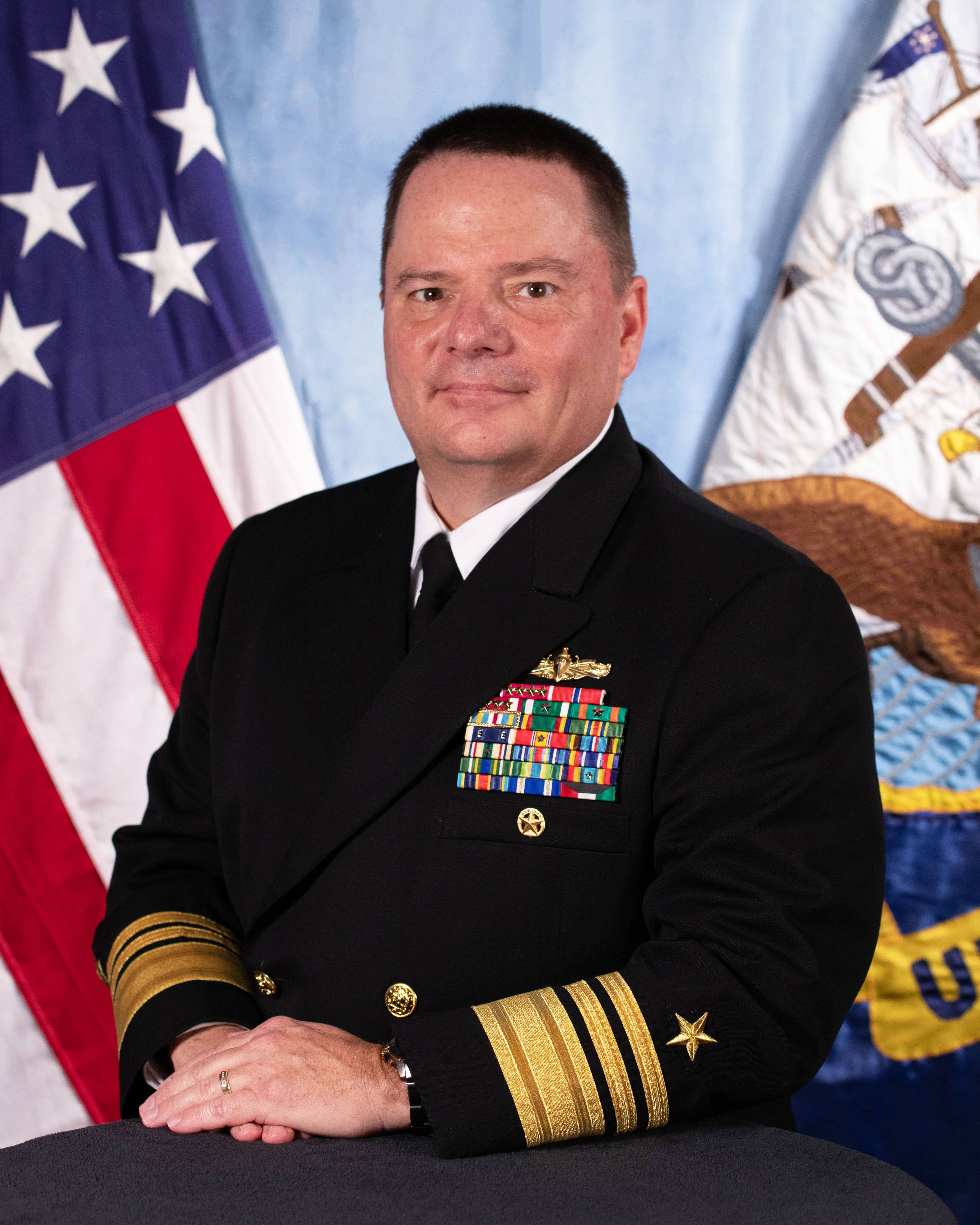The unification of the nation's armed forces stands as a pivotal moment in the country's military history, according to Admiral William Chang, Commander of the Naval Forces. In a televised address on Sunday, Chang hailed the merging of the previously separate branches as a critical step towards enhanced national security and operational efficiency.
"This is a momentous occasion, a day that will be etched in the annals of our nation's defense," Chang declared. "The unification of our armed forces represents a paradigm shift, one that ushers in a new era of streamlined operations and a more potent national defense apparatus."
Previously, the country's military operated under a divided structure, with the army, navy, and air force functioning as distinct entities. Proponents of unification have long argued that this separation hampered communication and coordination, hindering the military's ability to respond effectively to complex threats.
Chang echoed these sentiments, highlighting the potential for improved interoperability under the new structure. "By unifying our forces, we break down the silos that previously existed," he explained. "This fosters a collaborative environment where all branches can work seamlessly together, ensuring a more agile and responsive military."
The unification plan, which was formally approved by the legislature last month, outlines the creation of a unified command structure. This new leadership body will oversee all branches of the military, facilitating joint training exercises, standardized procurement practices, and a more streamlined decision-making process.
The road to unification, however, has not been without its challenges. Concerns have been raised regarding the potential for cultural clashes between the historically independent branches. Additionally, some military officials have expressed apprehension about the complexities involved in integrating diverse logistical and operational procedures.
Chang acknowledged these concerns but expressed confidence in the leadership's ability to navigate the integration process. "Unification is a significant undertaking, and there will undoubtedly be hurdles along the way," he conceded. "However, I am confident that through open communication, collaboration, and a commitment to national security, we will overcome these challenges and emerge with a stronger, more unified military."
The public has largely reacted positively to the unification plan. Recent polls indicate widespread support for the initiative, with citizens expressing hope that it will lead to a more robust and efficient national defense system.
The full impact of the unification remains to be seen. However, with the official merging of the armed forces now complete, the nation's military embarks on a new chapter, one that promises a more streamlined and coordinated approach to safeguarding national security.

